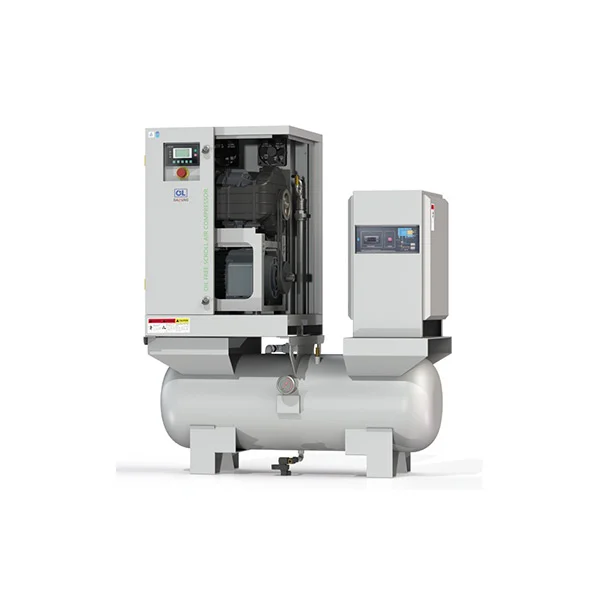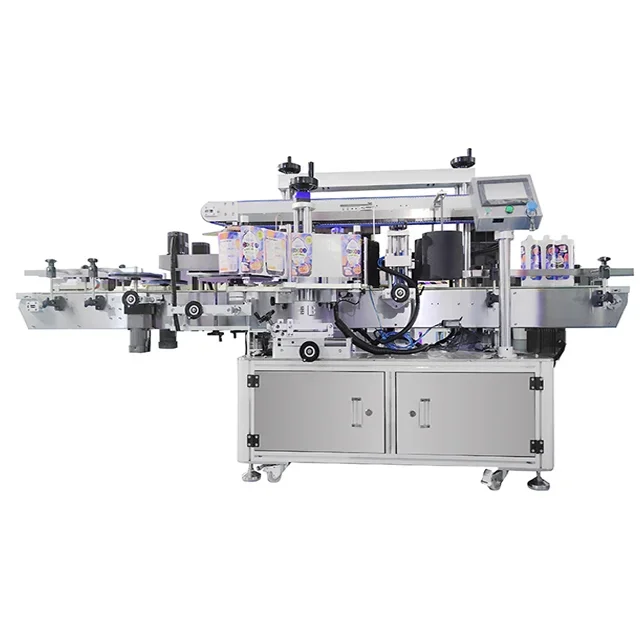In the vast landscape of career choices, the question often arises, Is airplane mechanic hard? This query is not without reason. The profession of an airplane mechanic, also known as an aircraft maintenance technician, is a critical one in the aviation industry. It demands a unique blend of technical skills, precision, and a deep understanding of aviation mechanics. This article aims to delve into the complexities of this profession and provide a comprehensive answer to the question at hand.
The first layer of understanding the difficulty of being an airplane mechanic is to comprehend the educational requirements. Unlike many professions, becoming an airplane mechanic does not necessarily require a four-year degree. However, it does necessitate extensive training. Prospective mechanics must complete an FAA-approved Aviation Maintenance Technician School or have at least 18 months of practical experience for either airframe or powerplant certification, and 30 months of experience for both certifications. The rigorous training programs are designed to equip students with a solid foundation in aviation mechanics, making it a challenging but not insurmountable hurdle.
The second layer of complexity in this profession is the technical expertise required. Airplane mechanics are responsible for the maintenance and repair of aircraft. They must have a thorough understanding of the intricate systems that allow an airplane to operate, from the engines to the landing gear, from the electrical systems to the aircraft's body. This requires a high level of mechanical aptitude, problem-solving skills, and attention to detail. The stakes are high in this profession, as any oversight can potentially lead to catastrophic results.
The third layer of difficulty lies in the physical demands and working conditions. Airplane mechanics often work in hangars, repair stations, or on airfields. They may be required to work in uncomfortable positions or lift heavy objects. The job often involves working on high platforms while installing or repairing components. These physical demands, coupled with the need to often work in noisy environments, add to the overall difficulty of the profession.
The fourth layer is the stress associated with the job. Given the critical nature of their work, airplane mechanics often face high levels of stress. They are responsible for ensuring the safety of every aircraft they work on. This responsibility, coupled with often tight schedules, can lead to a high-pressure work environment.
However, despite these challenges, many airplane mechanics find great satisfaction in their work. The profession offers a sense of accomplishment that comes from ensuring the safety of countless passengers. It also provides opportunities for continuous learning and growth, as technology in the aviation industry is constantly evolving.
In conclusion, is airplane mechanic hard? The answer is yes. It is a profession that requires rigorous training, technical expertise, physical endurance, and the ability to handle stress. However, for those with a passion for aviation and a willingness to face these challenges, it can be a rewarding career choice. As with any profession, the difficulty of the job can be mitigated by passion, dedication, and a commitment to continuous learning.



